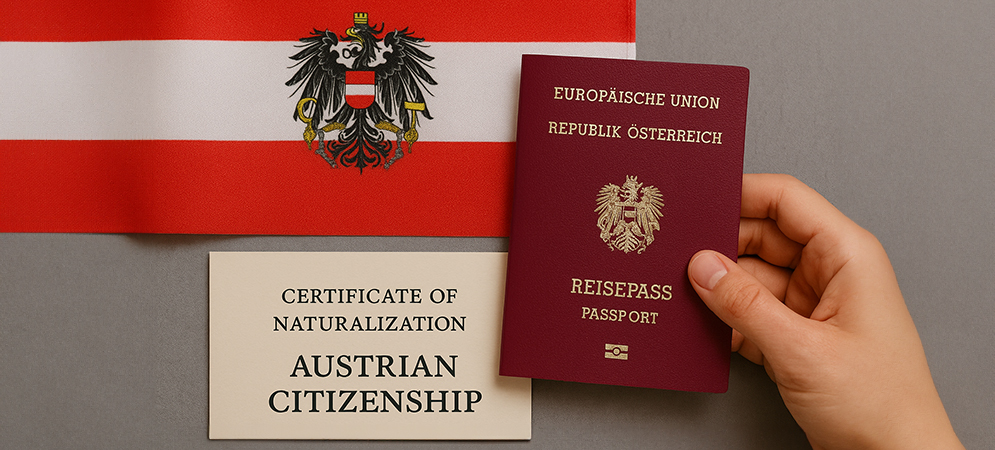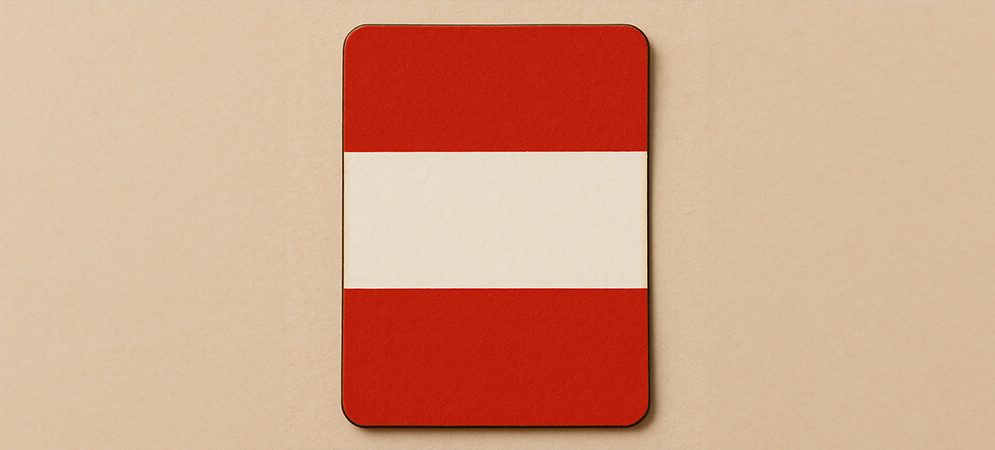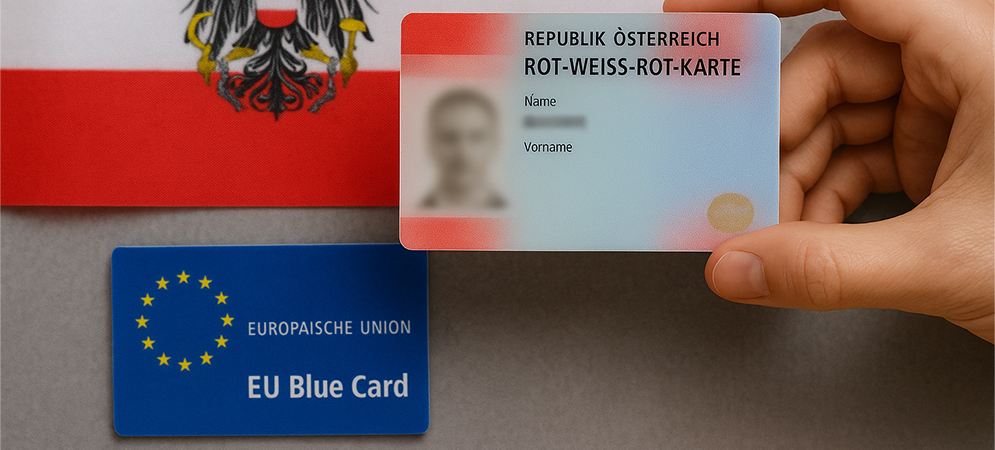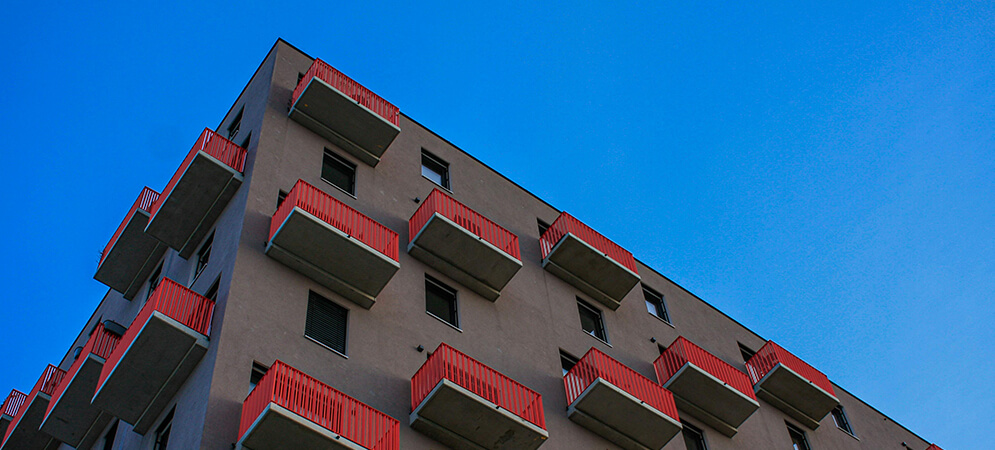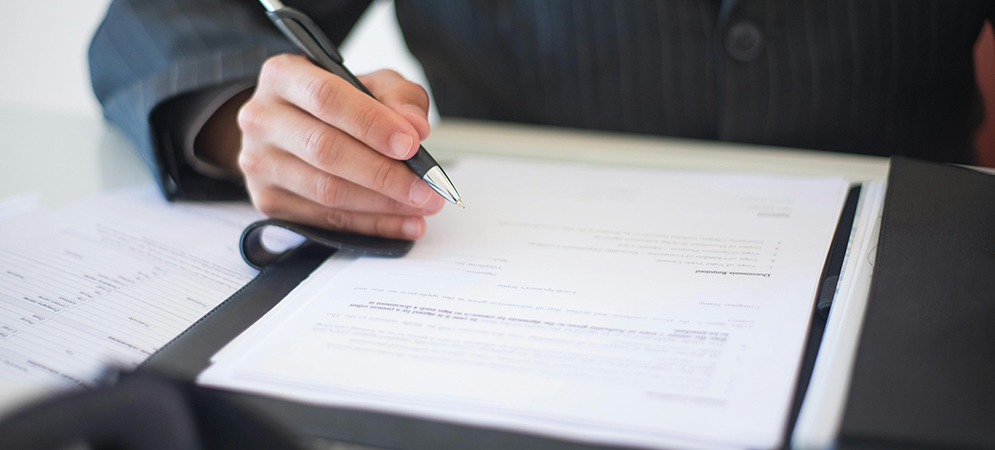- Mundo Mentor
- Bureaucracy & Legal Processes
I gave birth in Austria — what’s my child’s citizenship status?
It’s one of life’s most beautiful moments — welcoming a child into the world.
But for many migrant parents, the next big question is:
“My baby was born in Austria. Does that mean they’re Austrian?”
The answer is: not necessarily.
Austria does not automatically grant citizenship to children born on its soil. Whether your child becomes Austrian at birth depends on your nationality and legal status.
Let’s break it down simply and clearly.
Austrian Citizenship Law: Jus Sanguinis, not Jus Soli
Austria follows the principle of jus sanguinis (citizenship by bloodline), not jus soli (citizenship by birthplace).
This means:
Being born in Austria does not automatically make a child Austrian.
Instead, a child becomes Austrian at birth if at least one parent is an Austrian citizen at the time of birth.
🍼 Scenarios and What They Mean
✅ 1. One Parent Is Austrian
If the mother or father is an Austrian citizen when the child is born, the child automatically receives Austrian citizenship — regardless of where the birth occurs.
📌 If the parents are not married, paternity must be legally recognized for the child to receive Austrian citizenship through the father.
⚪ 2. Both Parents Are Foreign Nationals
If neither parent holds Austrian citizenship, the child does not become Austrian at birth, even if they’re born in an Austrian hospital and receive an Austrian birth certificate.
Instead, the child usually receives the citizenship of the parents — depending on the laws of your home country.
📄 Important: You must contact your consulate to register your child’s birth and nationality.
⚠️ 3. Stateless or Undocumented Parents
In rare cases, a child may acquire Austrian citizenship at birth if:
- The child would otherwise be stateless, and
- The parents are legally residing in Austria
This is assessed case by case and often involves legal consultation.
🛂 Does My Child Still Get Austrian Documents?
Yes — regardless of nationality, children born in Austria receive:
- Austrian birth certificate
- Austrian residence registration (Meldezettel)
- Access to public healthcare and education
💡 But that does not mean the child is Austrian. Citizenship is a separate legal status.
👶 What About Residency Rights for the Child?
Even if your child is not Austrian, you can usually apply for a residence permit on their behalf, tied to your own permit.
Types may include:
- Family reunification (if you hold a valid permit)
- “Privat- und familiäre Gründe” (Private and family life)
- If born to EU citizens: rights under EU law
You must apply for your child’s residence permit within several months of birth to avoid complications.
💬 Mundo Mentors Tips
🗂️ Register your child’s birth with your home country’s consulate as soon as possible
📆 Apply early for a residence permit — don’t wait until your own renewal is due
💬 Talk to us if:
- One parent is undocumented or stateless
- You want to explore the long-term path to Austrian citizenship
- You’re unsure about how your home country treats dual nationality
🤝 Need Help?
At Mundo Mentors, we support families with:
✔️ Understanding your child’s legal status
✔️ Applying for the correct residence permit
✔️ Navigating dual citizenship, statelessness, or long-term naturalization options
📩 Email: office@mundomentors.com
📅 Book a 1:1 session to secure your child’s legal future
💬 “We didn’t know if our baby would be Austrian. Mundo Mentors explained everything and helped us apply for his residence card stress-free.” — Client from Brazil, now living in Vienna
Your child deserves security and clarity — let’s build that future together. 👣

